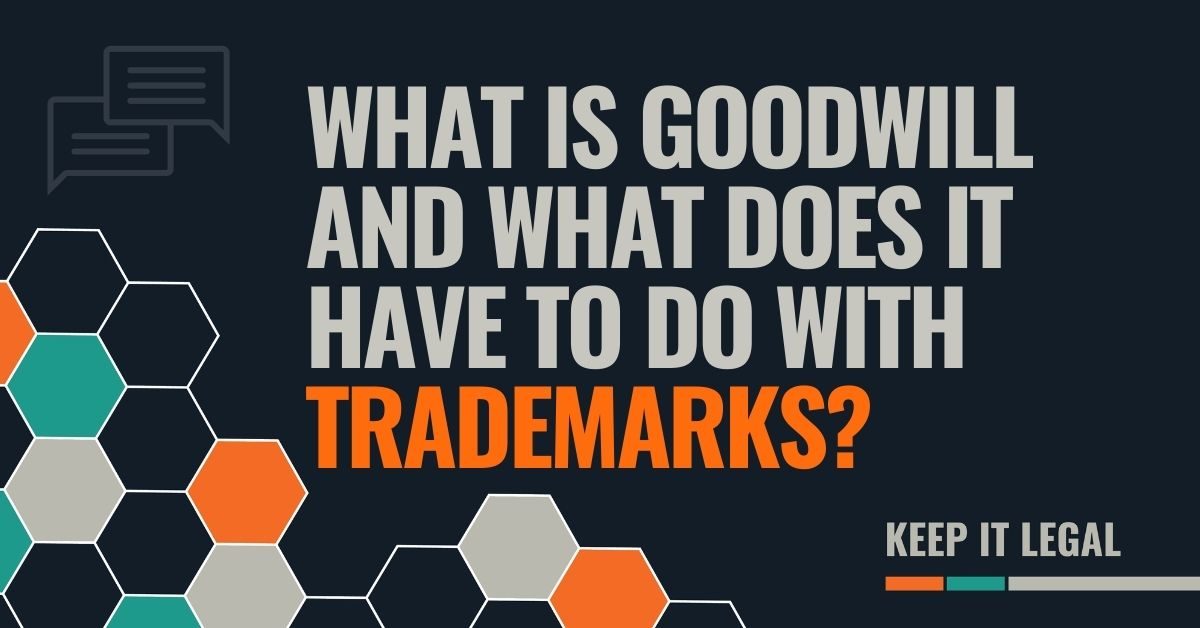“Goodwill” (or “good will”, it’s written both ways) refers to a consumer’s positive opinion of a product or service and their willingness to purchase it again in the future or to refer it to a friend or colleague. If you like Starbucks coffee, the product can be said to have goodwill.
Goodwill and trademarks are inseparable. This is a legal fact: the Lanham Act, which is the Federal law that governs trademarks, states that a trademark can only be sold or transferred (“assigned”) “with the good will of the business in which the mark is used, or with that part of the good will of the business connected with the use of and symbolized by the mark.” Lanham Act § 10, 15 U.S. Code § 1060.
This means that you can’t just sell or buy a trademark the way you could sell or buy another type of business asset. In 1918, the Supreme Court defined an attempt to do as an “assignment in gross”. United Drug Co. Theodore Rectanus Co., 248 U.S. 90 (1918).
Instead, a trademark can only be sold, bought, or otherwise transferred along with the underlying business itself. So Starbucks can’t just sell you its STARBUCKS trademark; you’d have to buy their coffee business, too.
This makes sense, if you think about it. As I’ve often discussed on this blog, the purpose of trademark law is to protect consumers. If you could simply sell a trademark without the underlying goodwill, then a consumer would never know whether to trust a brand name.
So beware anyone who tries to sell you a trademark without the business that’s attached to the brand. Unfortunately, it’s just not that simple.
Have questions about trademarks? Reach out to me.


